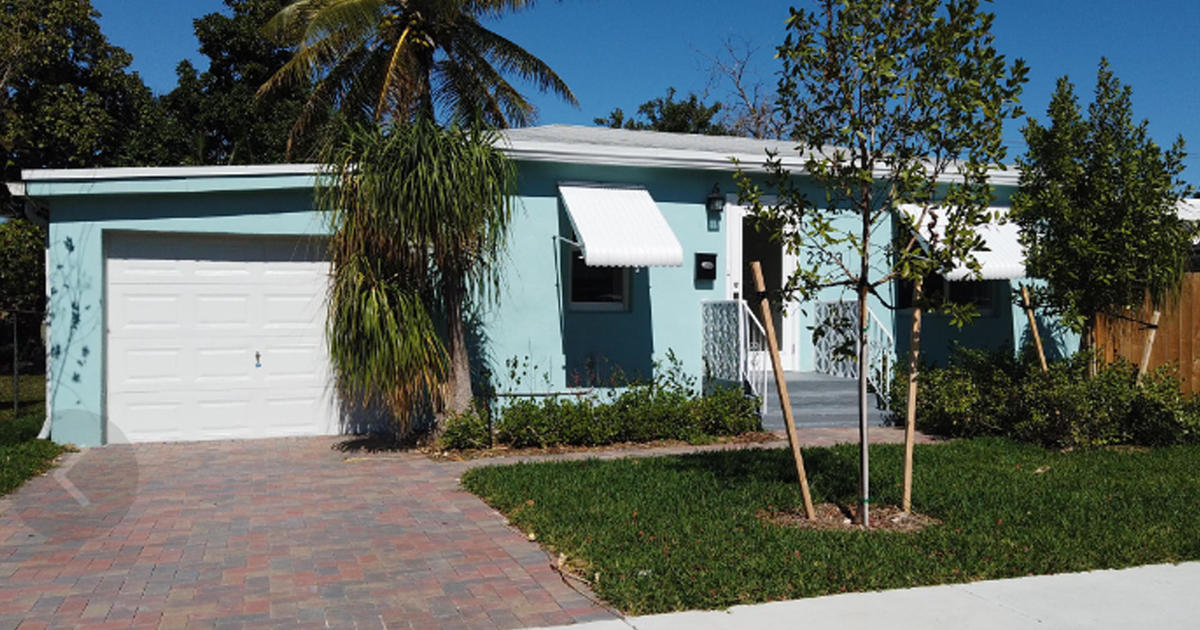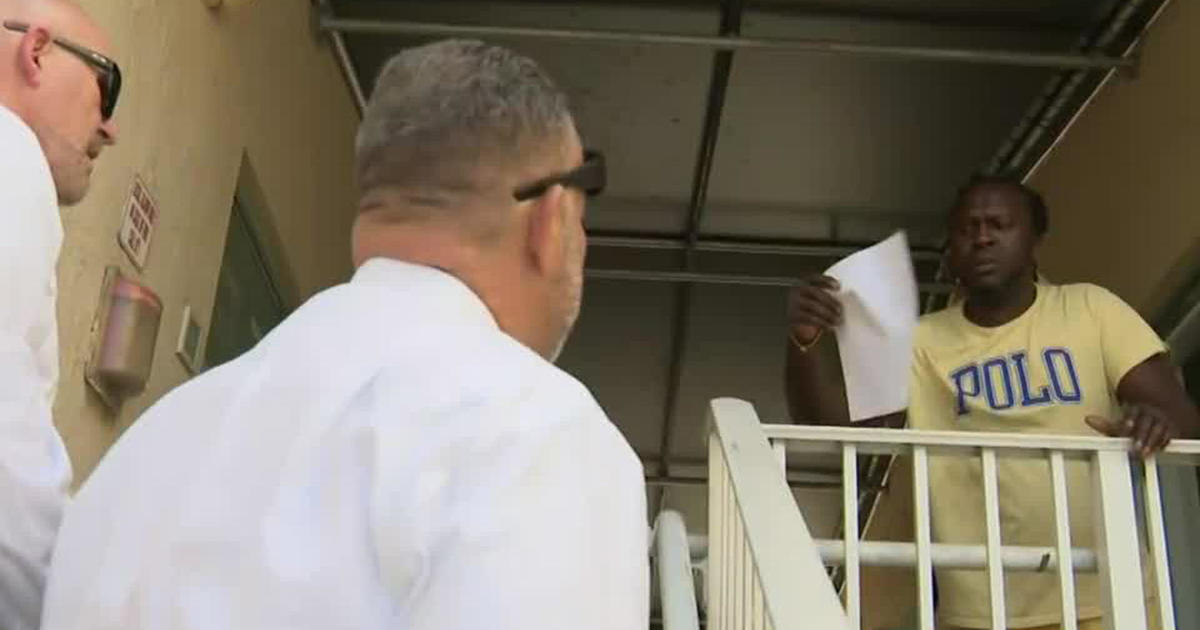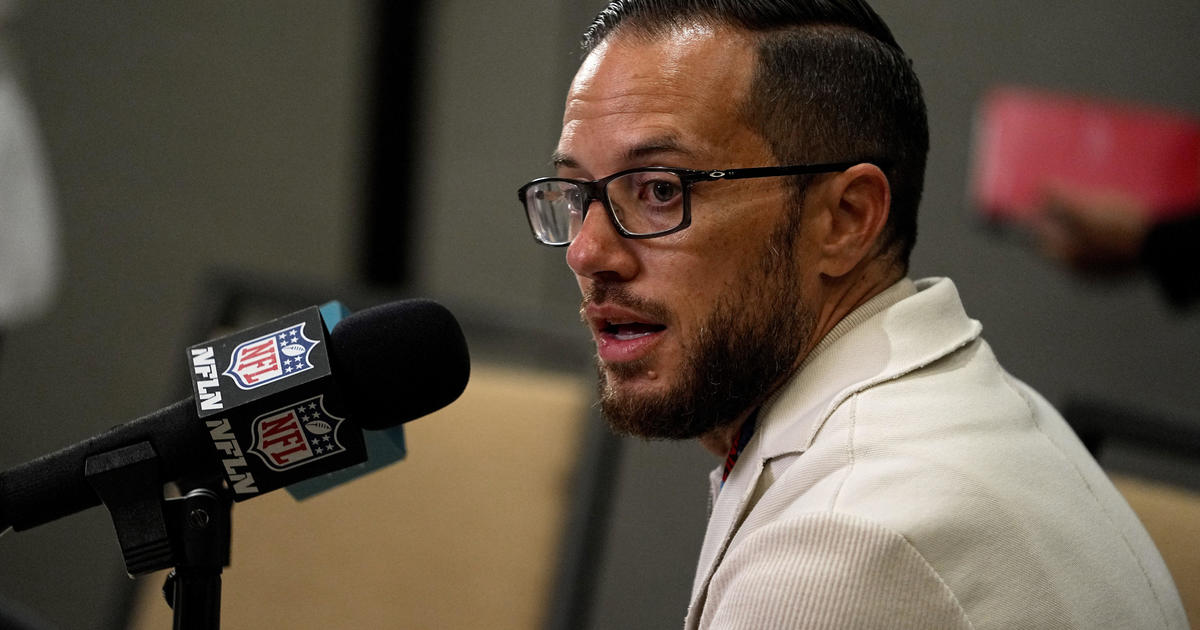Trial begins in case of hurricane deaths at Hollywood Hills nursing home
FORT LAUDERDALE - A nursing home administrator charged with causing the overheating deaths of nine patients after Hurricane Irma in 2017 went on trial Monday.
In opening statements prosecutor Chris Killoran said, " this is a case about a captain who abandoned his slowly thinking ship an left not only his crew but passenger to fend for themselves."
The defense said the state is looking for someone to blame for the failures of the electric company to restore power.
"The case can be boiled down to one word. Scapegoat," said defense attorney James Cobb, "it's blaming somebody else and that ladies and gentle is precisely what we have here," he said.
Prosecutor Chris Killoran told the six-member jury that Jorge Carballo is guilty of manslaughter because he failed to give adequate direction to his staff at the Rehabilitation Center at Hollywood Hills after power to the facility's air conditioning system was lost.
He said Carballo went home even as it became "ridiculously hot" inside the 150-bed, two-story facility and failed to order his patients' evacuation to a fully functioning hospital directly across the street.
Prosecutors must prove Carballo acted recklessly and showed gross and careless disregard for his patients' safety.
Carballo, 65, could face 15 years in prison if convicted, although a sentence of that length would be unlikely as he has no previous record. He was originally charged with 12 deaths, but three cases have been dropped. Charges were also dropped against three of his employees, who will testify against him.
As temperatures rose inside the center, Carballo "basically did nothing," Killoran said.
"He had his staff buy some fans to push some hot air around and had some portable AC units installed," he said, but that wasn't done properly, making the temperatures on the second floor where the deaths occurred even worse.
But defense attorney James Cobb said Carballo did everything within his power to protect his patients. He had his staff notify Florida Power & Light that the air conditioning's power was down right after it happened and several more times over the next two days, in one call a staff member told FPL, "Just keep in mind we are a hospital, actually a double hospital. We are a rehabilitation center and we're a behavioral hospital," he told FPL. "45 minutes and you were finished," defense attorney David Frankel said. "Correct" responded FPL supervisor Greg Jones. "Electricity was restored," Frankel continued. "Correct," said Jones.
Cobb said, but the company didn't send a crew until an executive saw news reports about patients dying. He said the problem took less than an hour to fix.
He said Carballo was following published research that shows moving frail, elderly patients come with a high risk of death.
The defense grilled Jury Frum. She was the head of nursing at Memorial Regional Hospital. Right next door to the nursing home. When she got wind of the trouble and checked it out — she and others called for an evacuation.
The defense said it was a bad call that made things worse. "We removed the patients from harm, that was our first priority," Frum said. "But you also may have created harm. You understand that?" Asked Frankel. "No," Frum replied.
The victims, ranging in age from 57 to 99, had body temperatures of up to 108 degrees, paramedics have reported.
The deaths began three days after Irma knocked out a transformer that powered the cooling system. Otherwise, the facility never lost power.
A state report said that before the storm hit on Sept. 10, 2017, Carballo and his staff made appropriate preparations. They purchased extra food and water and seven days' worth of fuel for the generator.
Administrators also participated in statewide conference calls with regulators, including one where then-Gov. Rick Scott said nursing homes should call his cellphone for help.
After the air conditioner was knocked out, Carballo and his facility manager contacted the power company. When that didn't work, they tried calling Scott's cellphone and county and city officials. No help came.
Temperatures that week were in the upper 80s (about 31 degrees Celsius). On Sept. 12, two days after the storm, serious problems began arising.
In the early afternoon, Hollywood paramedics made the first of several visits over the next 16 hours: a 93-year-old man had breathing problems. A paramedic asked about the high temperatures — staff said they were getting the air conditioner repaired. Paramedics took the man to the hospital across the street, where doctors measured his temperature at 106 degrees. He died five days later.
Carballo told investigators that when he left at 11 p.m. the temperature inside the home was safe. The report found that "not credible."
At 3 a.m. on Sept. 13, paramedics returned to treat an elderly woman in cardiac arrest, with one telling investigators the home's temperature was "ungodly hot." The woman's temperature was 107 and so was another person's. The paramedics were called into a room where the lead nurse was performing CPR on a dead man with rigor mortis.
At 6 a.m., fire Capt. Andrew Holtfreter arrived and was summoned to another dead body. A paramedic began treating a patient whose temperature was so high it couldn't be measured -- the department's thermometers max out at 108 degrees.
Alarmed by the patients arriving at its emergency room, hospital staff went to the center to offer help. One nurse said the home felt like "the blast of heat" inside a car that's been sitting in the sun all day.
The fire department ordered the home evacuated.
The trial is expected to last about three weeks.




